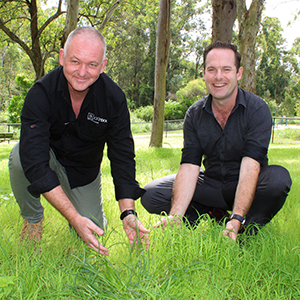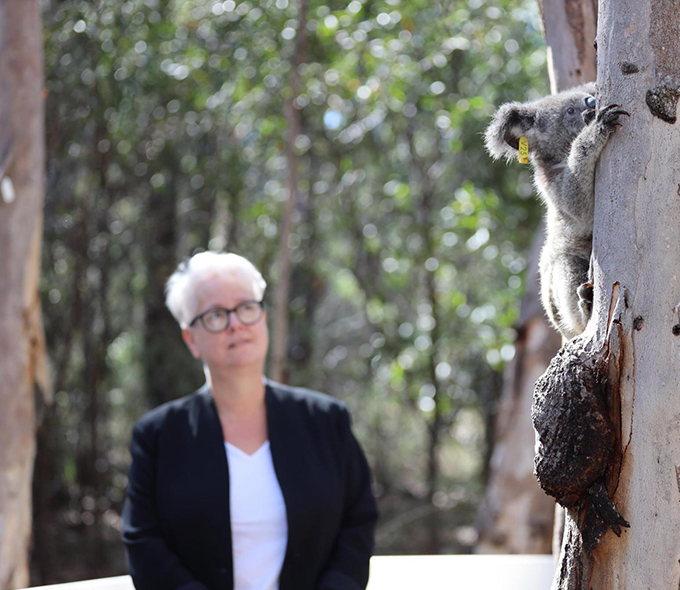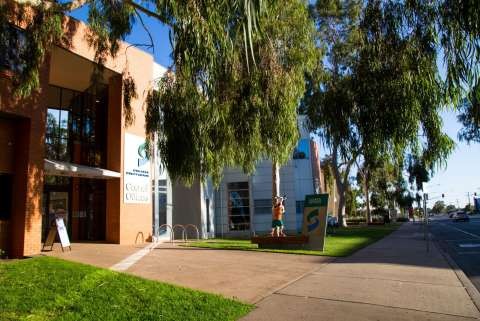
Associate Professor Stephen Clibborn
The Skills in Demand visa replaces the Temporary Skill Shortage (formerly the 457 visa) as Australia’s main temporary skilled work visa, among other changes announced today by Home Affairs Minister Clare O’Neil.
This new visa introduces several significant changes for temporary skilled migrant workers, including more time to find another sponsor if their employment is terminated, and a clearer pathway to apply for permanent residency.
In their joint submission to the Parkinson Review of the Migration System, Associate Professors Stephen Clibborn and Chris F Wright proposed a ‘mobility visa’ as a better alternative to the Temporary Skill Shortage visa reliant on employer sponsorship, based on their years of research.
The Migration Strategy released today acknowledges this proposal in establishing the new Skills in Demand visa – which the academics say reflects an encouraging, evidence-based approach to migration policy.

Associate Professor Chris F Wright
“It is clear that Australia’s temporary migration policies to date have contributed to exploitation of migrant workers and inefficiently provided labour to business, all contrary to the public interest,” Associate Professor Wright said.
“Migrant workers should have mobility to switch employers, a pathway to permanent residency, and better protection of their workplace rights, and skill shortages should be verified independently so that migration addresses genuine labour market needs.”
The researchers say the new Skills in Demand visa broadly meets these principles and represents a “triple-win” that should lead to better outcomes for workers, business, and the country.
“Extending the period for temporary skilled workers to find an alternative sponsor will allow them to leave bad employers more easily. This will help to reduce the risks of migrant workers being underpaid and exploited, which is good for the whole workforce,” Associate Professor Clibborn said.
“Skill shortages will now be independently verified, and employers will have more incentive to attract and retain skilled workers by treating them fairly, just as they currently do for Australian citizen workers. This will help to level the competitive playing field, which is good for business.”
The researchers said giving temporary skilled migrants more mobility to move to wherever their skills are in greatest demand will contribute to a more dynamic labour market, which is good for the economy.
“However, further changes are necessary, such as lifting restrictions on temporary migrants’ access to social security and additional measures to protect their workplace rights.”








